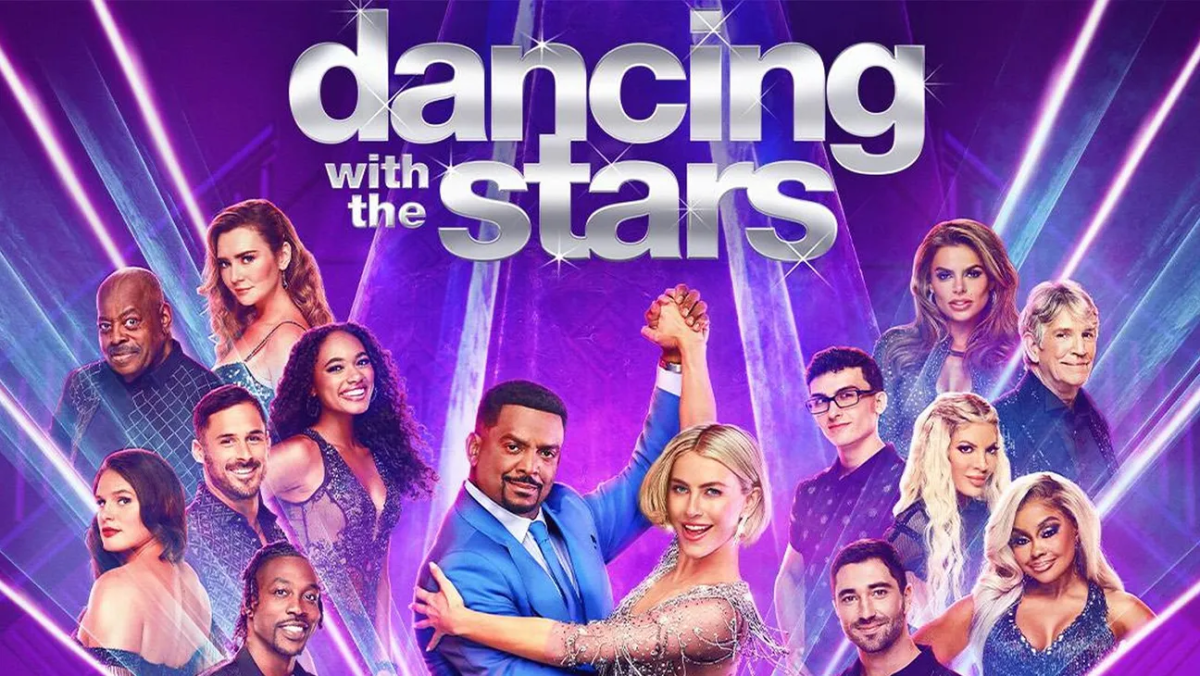If you’re scrolling on social media, whether Instagram, TikTok, Twitter/X, or even Facebook, you might have already been trapped. Check your feed—you might be in an echo chamber. Echo chambers, according to the Moody College of Communication at UT-Austin, are defined as a situation in which people are only exposed to opinions of one type. This is the result of the algorithms that social media companies use to find content you will likely engage with. According to a 2023 study provided by the National Library of Medicine, “feed algorithms classify users’ preferences by collecting their behavioral data, thus matching users with precise and continuous information,” the result of which is the creation of increasingly polarized bubbles in which users are only exposed to similar views. This is why they are called echo chambers, as all you can hear is just echoes of what you already believe.
A major problem that echo chambers contribute to is polarization. Cass Sunstein, a legal scholar and behavioral economist at Harvard, describes polarization as the closing off of good-faith dialogue between different sides in an argument. Social media, which both pushes through algorithms things you already like and allows people to self-select to follow people or pages that fit with their own worldview, results in people’s established beliefs being reinforced. In other words, it becomes increasingly difficult to find common ground with political opponents, as they are also presented as the enemy and opposing side. Quang Le, an 11th-grade student at Corona del Mar High School, noted how “I try to seek out diverse perspectives on social media to shape my own beliefs. I’m aware of echo chambers and make an effort to consider different viewpoints on the information I come across.” As a result, real discussion and debate become rarer and rarer. According to a study published in the Journal of the European Economic Association, individuals surrounded by like-minded views have a tough time gauging the validity of opposing perspectives.
Echo chambers create a space where outside voices can’t penetrate, except through the voice of an opponent. Thus, it is difficult for people trapped in these digital bubbles to actually know whether they disagree with someone else’s views or just a strawman version of them. So, echo chambers are a problem—but how do we break out? It requires a conscious effort to diversify your news sources; no matter how much you might enjoy one source, fact-check their information from time to time.
Additionally, limit your time on social media (which can be a good decision in general), which can allow you to engage more in real life with other people and engage in constructive dialogue. Finally, make an effort to go and look at what “the other side” has to say about issues or the news. You might not agree, but it will do a lot to help you have a healthier attitude towards others and the world if you understand better what they have to say (and why). Ultimately, when it comes to how to escape echo chambers, the choice is yours.














